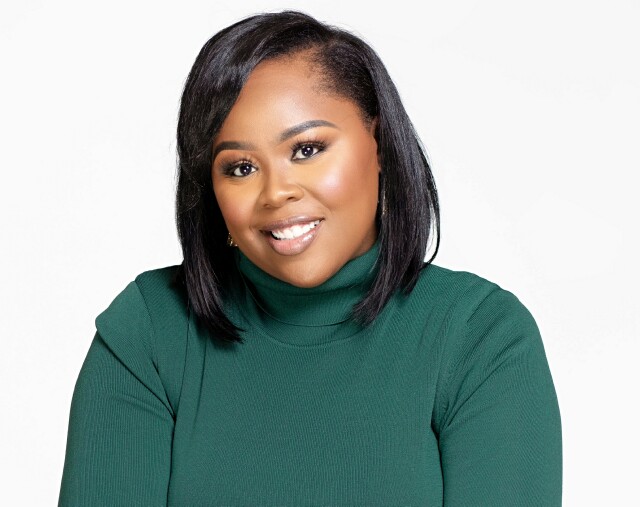Belonging, Trust and Equity as Strategic and Moral Imperatives (Guest Column)

Editor's note: Toni Howard Lowe (pictured above) is completing her first full year as Group Vice President, Diversity Equity & Inclusion at the creative digital agency Huge, after a decade serving as an executive at EY, McAfee and USAA. She is one of the industry's most experienced and thoughtful DE&I executives. Below, Toni shares her experience and perspective about DE&I in the context of the broader cultural needs of companies.
One thing I have learned in my past decade in various industries -- consulting, software, insurance and ad agencies -- is that DE&I is industry agnostic. Workplace challenges exist in every industry, and they are rooted in a collection of practices, broken systems and laws that stand as barriers to greater inclusion. There are too many excluded groups and excluded individuals. Where there is exclusion -- a lack of diversity -- companies cut themselves off from the power and vibrance that diversity can bring to their organizations.
All the available research shows that “belonging,” or feelings of inclusiveness, are associated with higher performing, more engaged teams. Recent research by Bain & Company confirms this finding. Since all companies are under the gun to perform better, year after year, it is obvious that the promotion of “belonging” is a strategic imperative. DE&I initiatives extend the concept of belonging to the wider group of individuals who are more representative of the makeup of society.
What does vary among companies is an appetite for change. There are major differences in the openness of existing cultures and the qualities of their executive leadership. If you begin with an open-minded culture and you add strong leadership, you have the makings of a new, inclusive culture that fosters fundamental progress in DE&I terms. For me, a strong sense of belonging is a key performance indicator that you are getting diversity, equity and inclusion right.
Trust is rarely discussed, and trust is a hidden factor in the discussion of diversity. The power of diversity is squandered when there is a lack of trust. If there is one task that weighs on me as a practitioner, it is the difficulty of rebuilding trust with groups and individuals who have experienced exclusion or feelings that “they do not belong.” Negative experiences have been magnified for individuals in historically excluded groups. This makes the restoration of trust difficult.
At Huge, we are making diversity and inclusion a global priority. We are undergoing a fundamental transformation of our corporate mission, which includes transforming our client relationships, our product lines and our global organizational structure. Huge's DE&I journey is part of this transformation. We are focused on disrupting bias from the inside out, continually examining and improving our strategy, formal policies and informal practices.
Huge’s transformation has given me an opportunity to help remodel our internal infrastructure and keep what works while challenging the status quo and reimagining what needs to be improved. We are doing this through an evidenced-based approach with DE&I -- one where we make better data-driven decisions in real time, establish executive leadership KPIs and are honest in our executive discussions about what it takes to go from good to great.
There is no final destination for DE&I -- the work is never done. Action breeds change. At a results-obsessed company like Huge, we know that consistent action leads to consistently improved results. We only require ourselves to be accountable for change. We believe that change will give us the desired outcome.
To my DE&I colleagues in other companies, I can say “moving the needle is only as successful as your consistent efforts to disrupt bias, challenge broken systems, and decide that your companies must do things differently.”
Equity has to be a moral imperative if we want to affect change and improve experiences for all people.
Note: Michael Farmer edited this column.
Click the social buttons to share this content with your friends and colleagues.
The opinions and points of view expressed in this content are exclusively the views of the author and/or subject(s) and do not necessarily represent the views of MediaVillage.com/MyersBizNet, Inc. management or associated writers.

